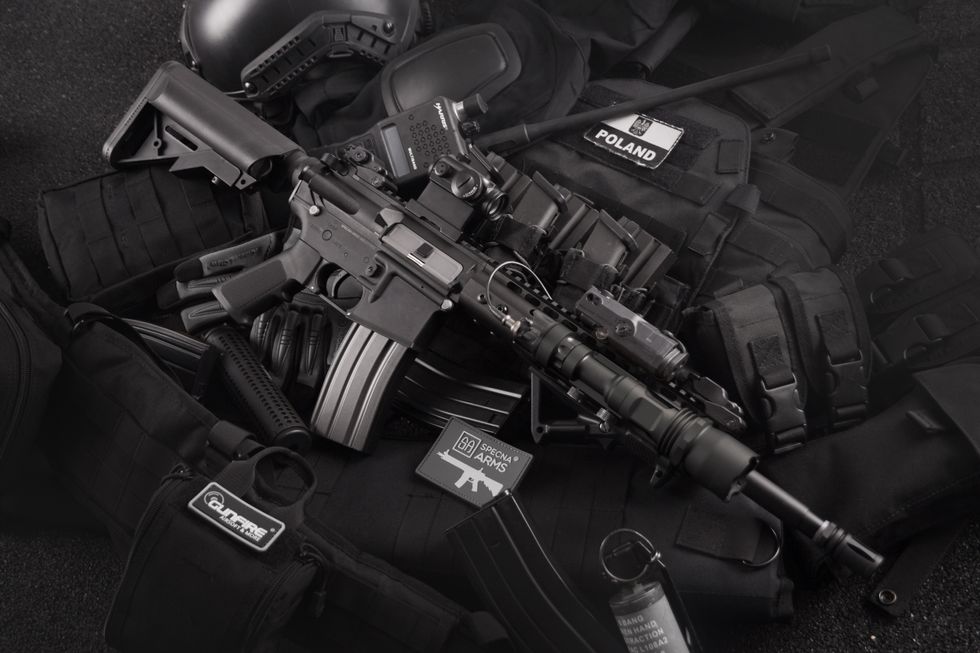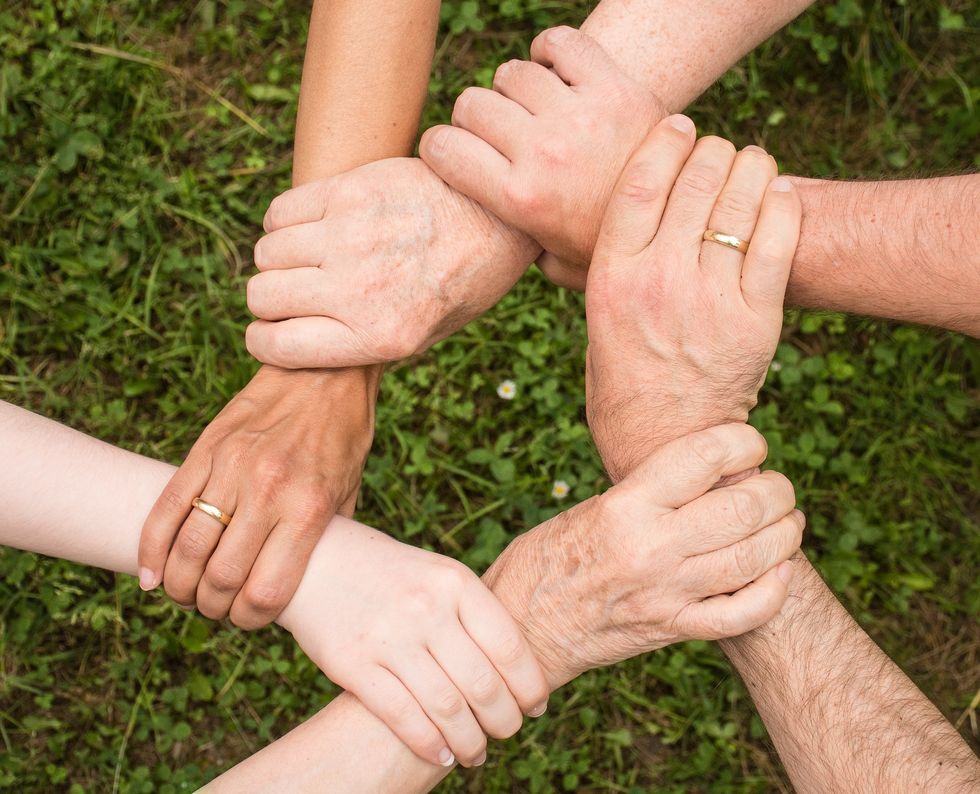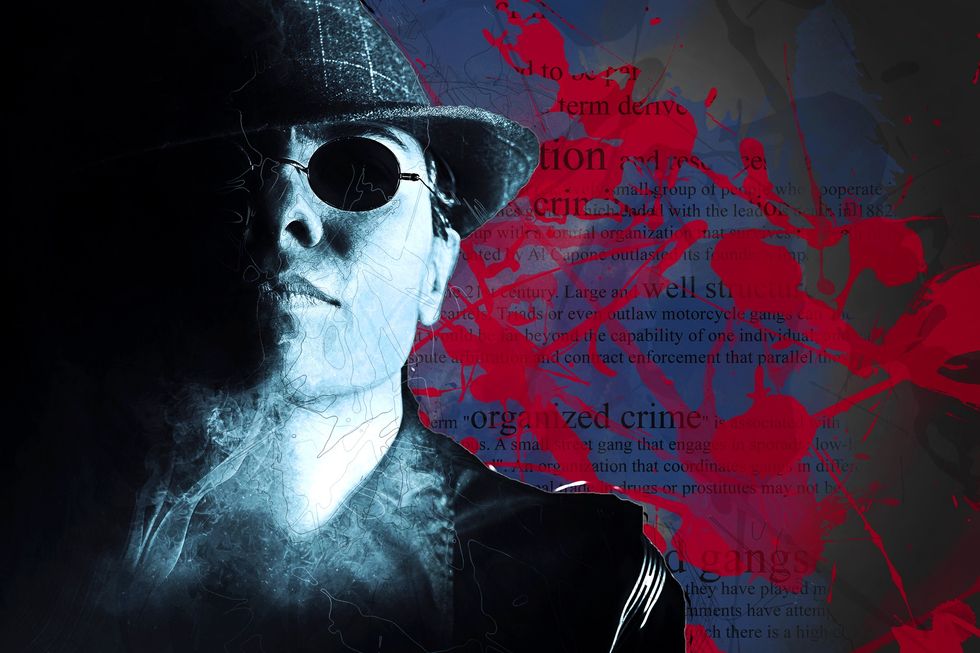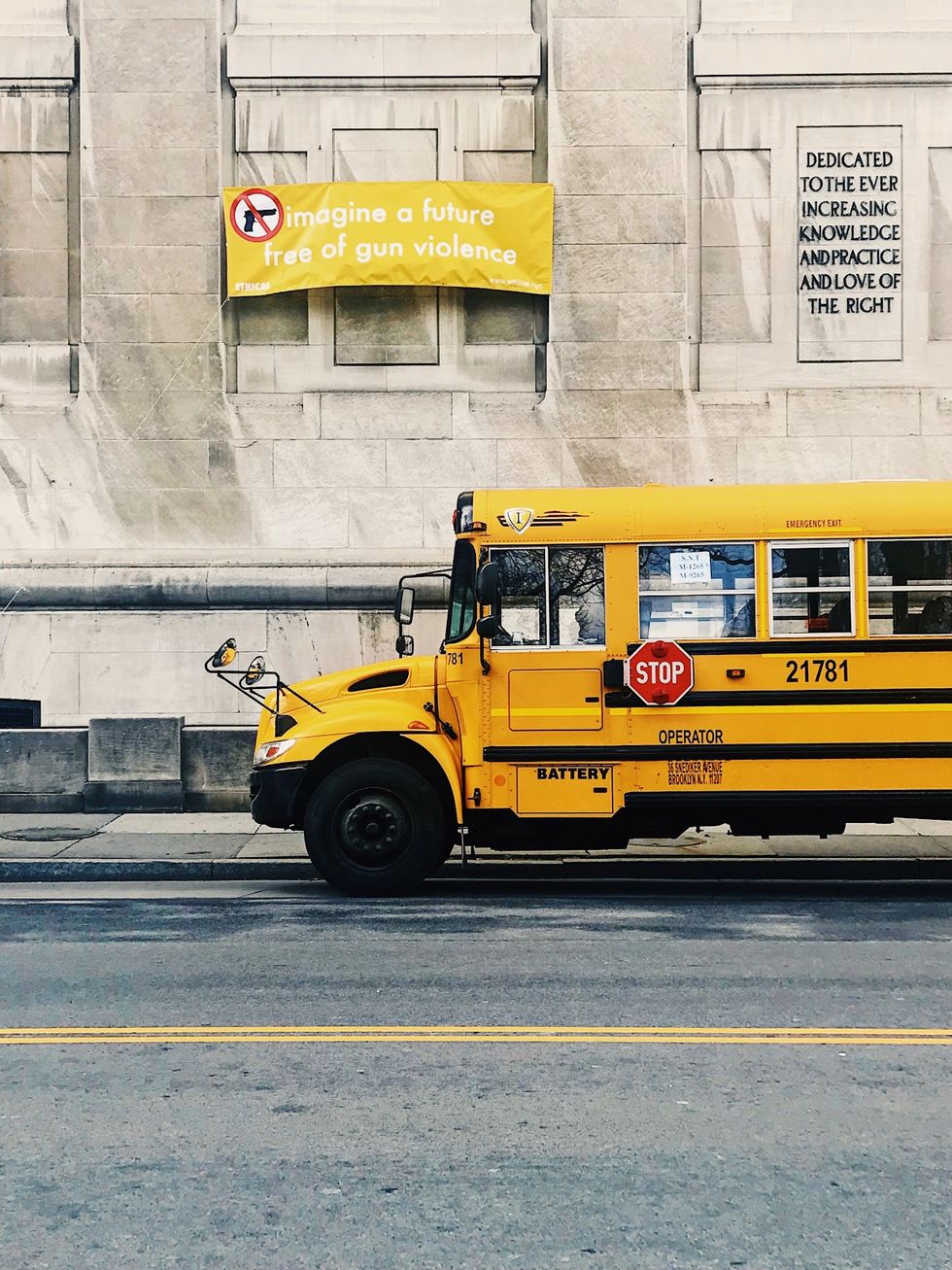Disclaimer:
This foreword is for next week's article on gun control laws. Within it, I will explain what I find important to keep in mind when considering various perspectives on gun control, as well as my general stance on solutions for school shootings.
If I am being honest, next week’s article may appear to be more of a one-sided piece, as it challenges the gun control laws that have been proposed by people on the political left.
Though there are ideas proposed by people on the right that sound shaky too, I tend to agree more with the school safety measures proposed by the political right simply because of their promise and potential efficacy.
Regardless, I want to find solutions for gun violence, too! After nightmares and days spent crying over the Parkland shooting, it's sad that I even have to say it, but some believe that others do not care about school shootings simply because they have differing views. This isn't the case.
Everyone has different ideas as to what solutions to this issue look like, but no sane individual enjoys school shootings so let’s stop spreading that idea.
On Statistics:
Before you mention it, yes, I have watched the Vox video on gun control, but I have also watched a counter-video to it by the infamous Steven Crowder. Watching the counter-video just reminded me of the political mantra I adhere to:
"There are statistics to support all sides of the political spectrum; if you go to the right place to run a poll, there is a good chance you will see what you want to see in the statistical results!”
For example, take this fake statistic and consider my viewpoint:
Statistic: “100% of Americans believe that abortion should be illegal.”
Reaction: Wow!
What Your Reaction Should Be: Who was polled? Was this poll taken in a Catholic neighborhood? Were all viewpoints equally represented?
My Point: Statistics can be misleading. This is true regardless of whether it is coming from Emma Gonzalez, Barack Obama, Ben Shapiro or my personal girl crush, Jedediah Bila.
Onto My Stance:
I am generally against the recently proposed solution of age restriction reform, specific gun bans, second amendment eradication and gun buybacks. As such, I am left considering ideas that look towards mental health, school security and a more involved law enforcement.
(Yes, I know there are bad cops out there. I have even known of some personally, but I propose that, in general, cops are looking out for us.)
Additionally, I believe in, "See something, say something." For example, a teen was arrested recently after his grandmother reported a journal in which he detailed a plot to shoot up his school.
Through violent acts, threats, gory school assignments and journals, we are often warned, but our empathy for the mentally ill and bullied individuals (understandably so) gets in the way of us taking action. But we need to for the sake of future school children.
According to a Time article, police responded to the Parkland shooter’s house 39 times over seven years and the FBI received information in which they were informed of the individual’s,
"gun ownership, desire to kill people, erratic behavior, and disturbing social media posts, as well as the potential of him conducting a school shooting."
... Yet no further steps were taken; the individual still had access to guns and was never detained.
Even though questions of mental health (regarding ASPD especially), school security budget and law enforcement protocol are hard to answer, they are things into which we should invest our time and efforts.
Laws work on law-abiding citizens and not so well on criminals; other solutions need to be considered so we may attack the cultural, social or mental health issues that are causing these horrific attacks.
This is why my proposed solution consists of policies, research through meta-analysis as to their past success or failure, then challenging those policies with another statistic, and so on.
We need to find what laws work and scrap the ones that do not, but, to do this, we must first be able to have a civil conversation.
This starts by not vilifying those with whom we disagree. The only people with blood on their hands are the school shooters and it is time we acknowledge that!
Those same people we alienate could be people who could promote laws that the larger populace supports. It is time to put our differences aside to find something that works through bipartisan efforts.
Be Kind.
I am not one who specifically sends "thoughts and prayers," but I do usually post something on social media about these events.
Is that much more helpful? Maybe and maybe not, but let's be honest with ourselves: when complaining about someone's "thoughts and prayers," we need to reflect on our actions and ask ourselves if we have done anything to promote political change.
Those who send "thoughts and prayers" may be at the front line of marches, making phone calls and could be sending letters to politicians, too. it might not be as visible, but people can do both.

























 sunrise
StableDiffusion
sunrise
StableDiffusion
 bonfire friends
StableDiffusion
bonfire friends
StableDiffusion
 sadness
StableDiffusion
sadness
StableDiffusion

 purple skies
StableDiffusion
purple skies
StableDiffusion

 true love
StableDiffusion
true love
StableDiffusion
 My Cheerleader
StableDiffusion
My Cheerleader
StableDiffusion
 womans transformation to happiness and love
StableDiffusion
womans transformation to happiness and love
StableDiffusion
 future life together of adventures
StableDiffusion
future life together of adventures
StableDiffusion





















